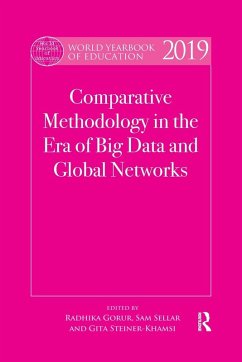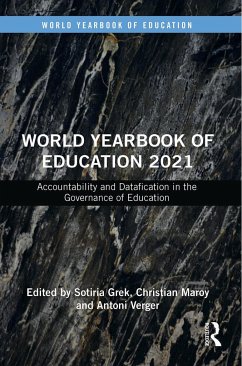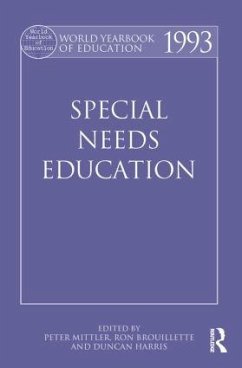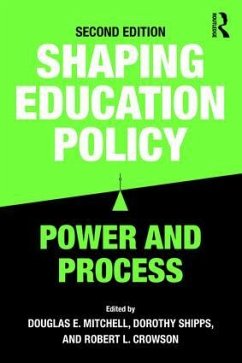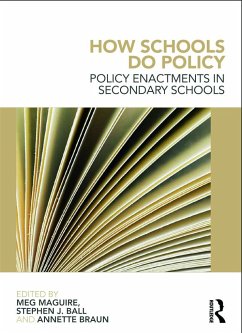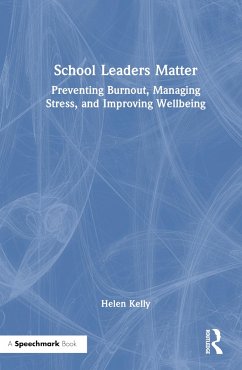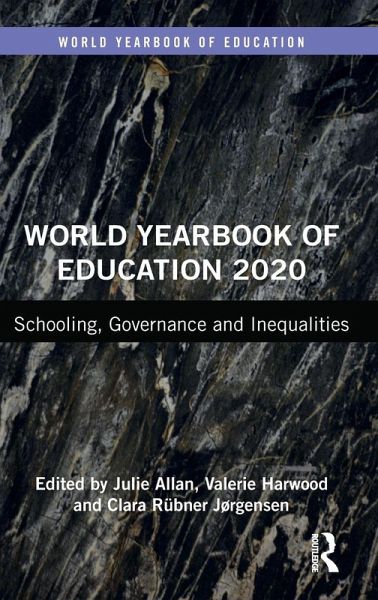
World Yearbook of Education 2020
Schooling, Governance and Inequalities
Herausgeber: Allan, Julie; Jørgensen, Clara Rübner; Harwood, Valerie
Versandkostenfrei!
Versandfertig in 1-2 Wochen
168,99 €
inkl. MwSt.

PAYBACK Punkte
84 °P sammeln!
A timely contribution to debates on educational governance and equality, this volume considers specific school contexts as well as school specific responses




